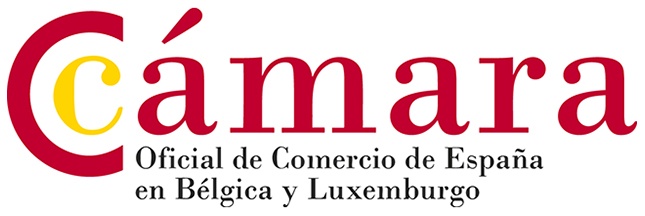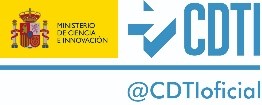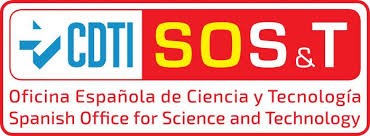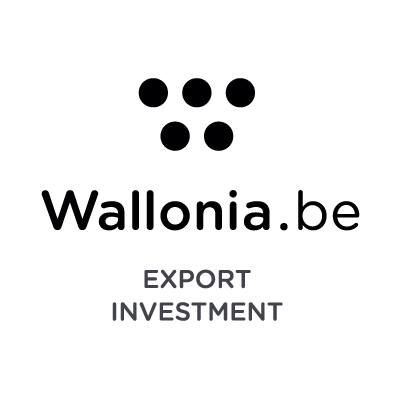The coronavirus crisis is not just a health crisis. It is also a serious socio-economic crisis that is hiting hard people and businesses. The federal government cannot and does not want to remain indifferent to all these people and businesses that are on the brink. They need help today: concrete support that is significant enough to get them through this second difficult period in less than a year.
This is why the government chooses not only to extend the support measures that were in force during the confinement imposed in the spring (until the first quarter of 2021 included), but also announces a whole new series of measures. The cost of this aid could be seen as a one-time expense, but it is much more than that: it is an investment in people and businesses that before the crisis were self-sufficient and economically sound, but they are no longer because of the difficult circumstances.
With these support measures, the federal government focuses on four main objectives:
1.support people who had a job but who, due to the difficult situation caused by the coronavirus, lost it or had to close their business. We want to support them both in their income and in maintaining their social rights;
2. Save healthy companies by supporting them both in terms of their liquidity (cash flow) and their solvency;
3. Support people living in poverty or at increased risk of poverty. As they are often disproportionately affected by the coronavirus crisis;
4. Strengthen crucial sectors which have been particularly affected by the crisis: in particular health care, education and agriculture and horticulture.
- Main measures
Extension of existing measures
1. Possibility of individual postponement of payments in the fiscal field without fines or late interest.
2. Tax exemption of subsidies granted by towns, municipalities and federated entities.
3. Reduction of VAT (6%) on hydroalcoholic gel and masks.
4. Extension of free notarial powers of attorney avoiding going to the notary.
Suspension of checks on the residence condition (maximum 29 days abroad per year) under the income guarantee for the elderly (GRAPA).
Extension of existing measures
6. Extension of the increased deduction for investment of 25% until the end of 2022, allowing SMEs, one-person businesses and the liberal professions to deduct a large part of their investments from their taxable income.
7. Extension of the SME guarantee scheme and the credit insurance guarantee scheme until June 30, 2021. Simultaneously with this extension, the Ministry of Finance will extend, in consultation with the financial sector, the current moratorium for loans to companies.
8. Reopening of temporary unemployment due to force majeure to all companies. During this period, the temporarily unemployed salaried worker receives compensation equal to 70% of his gross monthly salary (capped at 2,754.76 euros). In addition, the salaried worker receives an allowance from the ONEM of 5.63 euros per day of temporary unemployment. This measure will apply until March 31, 2021, with the possibility of extension.
New measures
9. Implementation of the agreement of the social partners by which the State partially intervenes in the financing of the holiday pay for the temporarily unemployed. In the calculation of this holiday pay, the days of temporary unemployment are assimilated to days worked.
10. Broadening of the scope of the exemption from social security contributions for the third quarter of 2020 to other sectors (than the hotel and catering industry and the events sector) which have been forced to close. Suppliers in sectors that have had to shut down can also resort to this measure if they can provide evidence of a loss of sales of at least 65%. A ceiling will be applied per company with regard to the total amount of this exemption.
- Support for self-employed workers
Extension of existing measures
11. Extension of the double “droit passerelle” right in force until December 2020 inclusive for all sectors that have had to close. For a self-employed person with no family, this amounts to 2,583.4 euros per month. For a self-employed person with a dependent family, this amounts to 3,228.2 euros per month.
12. A new “droit passerelle” will come into force from 1 January 2021, which can still be invoked in the event of a crisis. It will be based on a significant decrease in turnover. The concrete modalities will soon be developed taking into account the opinions of the General Management Committee.
13. Additional postponement for the payment of the contribution payable by companies until the end of 2020. A postponement was already planned until October 31, 2020; it is now extended until December 31, 2020.
14. Supplementary allowance for incapacity for work so that self-employed cohabitants who are sick also benefit from an allowance as high as the “droit passerelle” (this is already the case for single self-employed workers and self-employed workers with family responsibilities) . Concretely, this is a premium of more than 300 euros per month.
New measures
15. Temporary improvement of traditional “droit passerelle”, in particular through better accessibility for starters and maintenance of the constitution of pensions.
16. Payment plans for self-employed workers who have obtained a deferral of payment of social contributions, while retaining the right to reimbursement of health care costs. Until December 31, 2021.
- Support for salaried workers
Extension of existing measures
17. Reduction in the withholding tax for temporary unemployment.
18. The Ministry of Finance and the Minister of the Economy will consult with the financial sector in order to extend the current moratorium on mortgage and consumer loans. The consultation will also concern “leasing”.
19. Temporary unemployment due to a child in quarantine. The current measure will be extended to other situations where the child must be placed in quarantine, with a certificate of control.
20. Additional allowances for incapacity for work to reach the level of temporary unemployment benefit. Concretely, this means that, if the incapacity for work allowance is less than 70% of the average gross monthly salary (capped at 2,754.76 euros), it will be accompanied by a supplement of 5.63 euros per day. up to that amount.
Flexible access to unemployment for artists. Artists who can provide proof of at least 10 artistic performances or 20 days of work during the period from March 13, 2019 to March 13, 2020, are granted access to artist unemployment.
22. Additional budget of 13.07 million euros for consumer vouchers in the healthcare sector and extension of the validity of consumer vouchers until the end of 2021.
New measures
23. Payment by the ONEM of a supplement to the end-of-year bonus to workers who have been temporarily unemployed for a long time. Workers who have been temporarily unemployed for at least 52 days in 2020 will receive a supplement to their end-of-year bonus of 10 euros per additional day of temporary unemployment (beyond 52 days). For any worker meeting the conditions, the total supplement will always amount to a minimum of 150 euros.
24. Support plan for (tele) services and teleworking of civil servants. Concretely, this involves providing coaches and training in stress resistance and the fight against burnout for managers in the context of remote management of staff, improving the effectiveness of interviews and selection tests and improvement of digital communication for civil servants.
25. A single envelope of 200 million euro is foreseen for hospital staff (salaried and self-employed workers). The competent minister will consult with the social partners to finalize these support measures for hospital staff. Consultation will also take place with the federated entities in the Interministerial Public Health Conference.
- Support for the most vulnerable
Extension of existing measures
26. Grant of 50 euros per month for beneficiaries of the integration income, the income guarantee for the elderly (GRAPA) and the income replacement allowance (ARR).
27. Extension on the freeze of the degression of unemployment benefits until the end of 2020. As a result, the unemployed will not experience a reduction in their unemployment benefits from April 1 to December 31, 2020.
28. Continuation of winter plan for homeless people.
29. Increase in the reimbursement percentage (up to 15%) to the CPAS for the payment of integration income.
New measures
30. Entry into action of the Vulnerable Groups Task Force. This task force will develop measures, in collaboration with actors on the ground, to support the most vulnerable. A budget of 75 million euros is foreseen for this purpose.
- Additional workers in critical sectors
Extension of existing measures
31. Increase in the quota of voluntary overtime up to 220 hours in the healthcare sector, other crucial sectors and essential services. This additional overtime will be tax exempt; no additional salary will be applied.
32. Facilitate the temporary posting of workers to another employer in the healthcare or education sector.
33. Temporarily unemployed people can work in agriculture and horticulture, healthcare and education, with 75% of their benefits maintained.
34. Allow the temporarily unemployed to conclude successive fixed-term contracts of at least 7 days with another employer, in the care and education sectors.
35. Increase in the ceiling for the accumulation of integration income with seasonal work income and student work income with a study grant.
36. Extension of COVID-19 Volunteer Compensation Fund and Authorization for Commercial Hospitals to Engage Volunteers.
37. Extension of measures relating to pensions. The aim is, among other things, that pensioners who have an activity as an employee or self-employed can combine their pension with temporary unemployment compensation or “droit passerelle”. In addition, the constitution of the pension of temporarily unemployed persons will be preserved, including the constitution of the second pillar. It is also necessary to prevent pensioners who temporarily resume an activity, for example in the health care or education sector, from losing part of their pension.
38. Doubling of the seasonal work quota also in 2021 and temporary unemployment for seasonal workers who arrive in Belgium and must be placed in quarantine.
Source: belgium.be
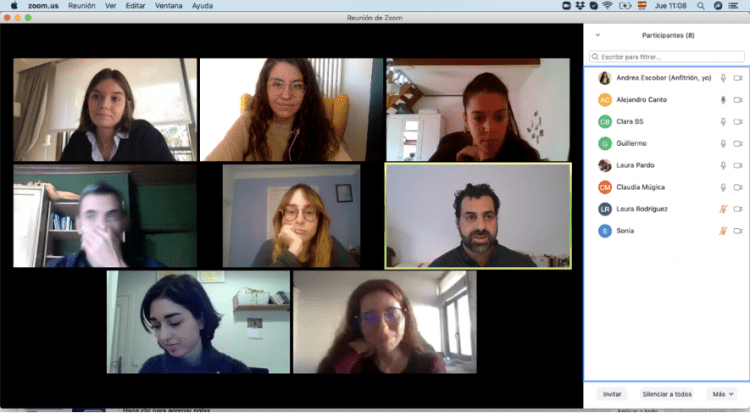

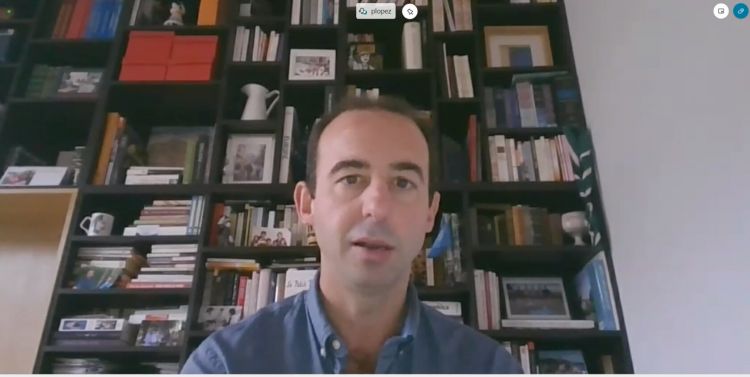

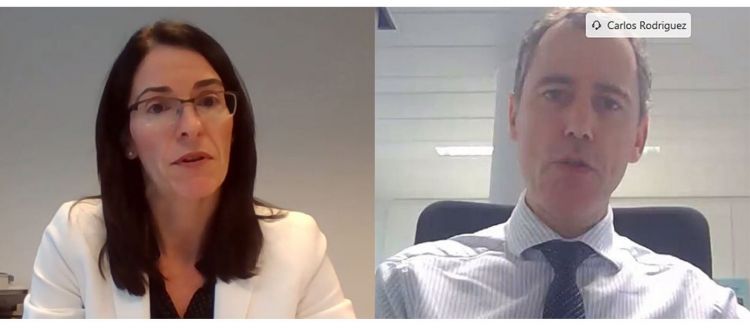


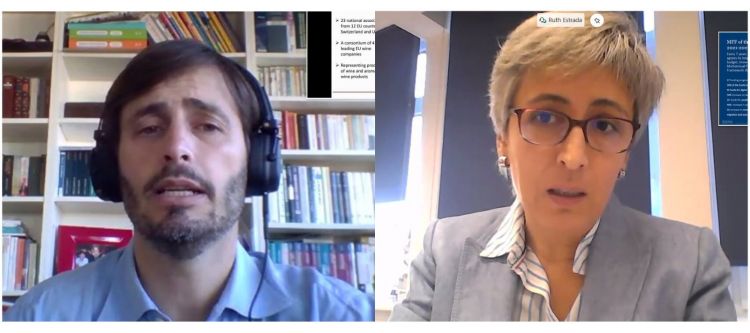

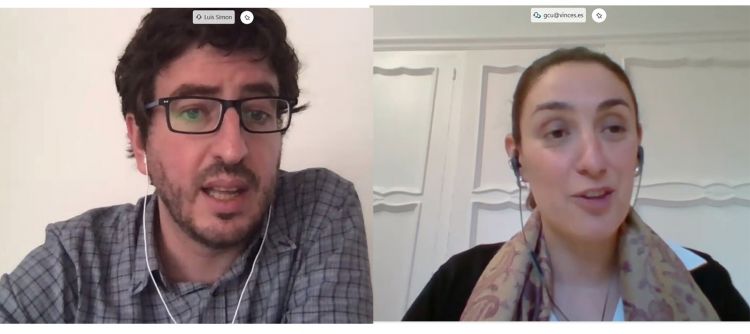


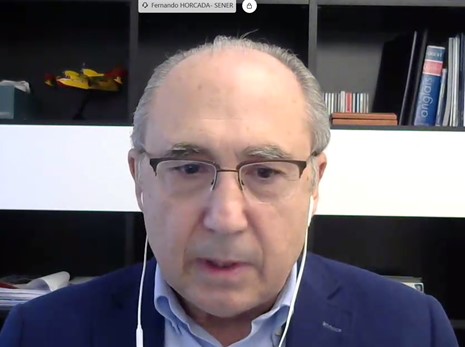

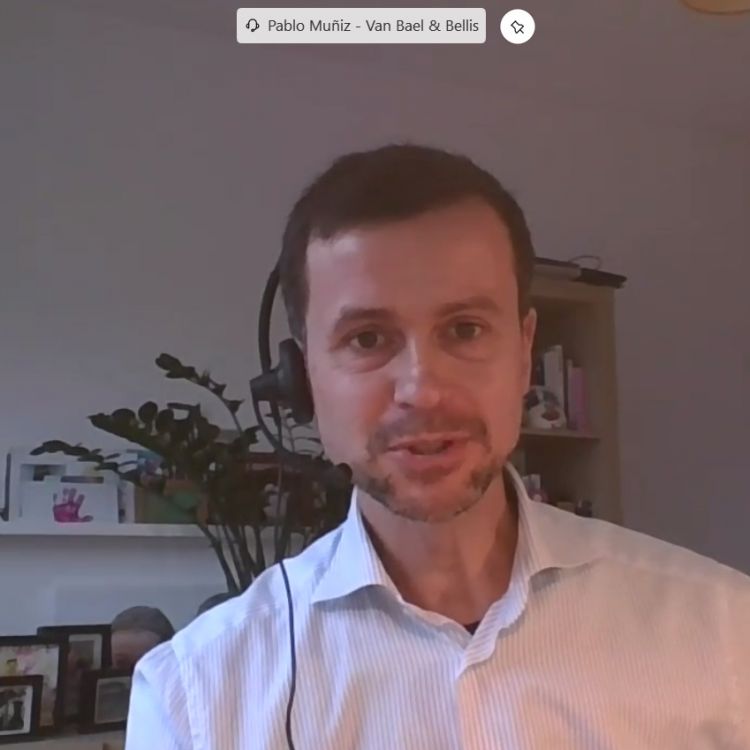




 scientific field from the newspaper Le Soir. Marc Martinelli, CEO of Minoryx Therapeutics, began by explaining the basis of their current research into rare diseases of the central nervous system, as well as detailing the benefits of the Belgian market in the sector based on his current experience with the company’s subsidiary opened near the city of Charleroi (Wallonia). He was followed by Josep Samitier,
scientific field from the newspaper Le Soir. Marc Martinelli, CEO of Minoryx Therapeutics, began by explaining the basis of their current research into rare diseases of the central nervous system, as well as detailing the benefits of the Belgian market in the sector based on his current experience with the company’s subsidiary opened near the city of Charleroi (Wallonia). He was followed by Josep Samitier, 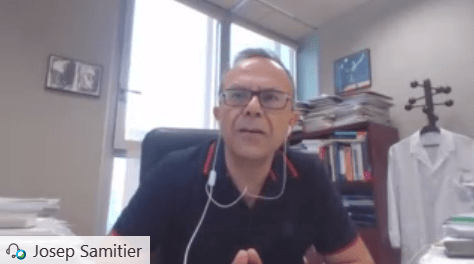 director of the Biotechnology Institute of Catalonia, and Marc Dechamps, director of international affairs for the BioWin cluster, who both gave their views on the benefits of biotechnology for improving the health sector, emphasising the advantages of Spain and Belgium in the sector.
director of the Biotechnology Institute of Catalonia, and Marc Dechamps, director of international affairs for the BioWin cluster, who both gave their views on the benefits of biotechnology for improving the health sector, emphasising the advantages of Spain and Belgium in the sector.